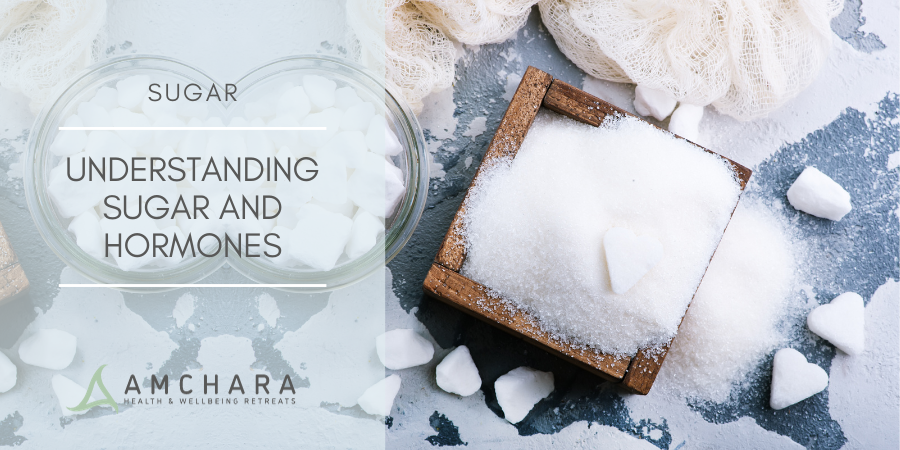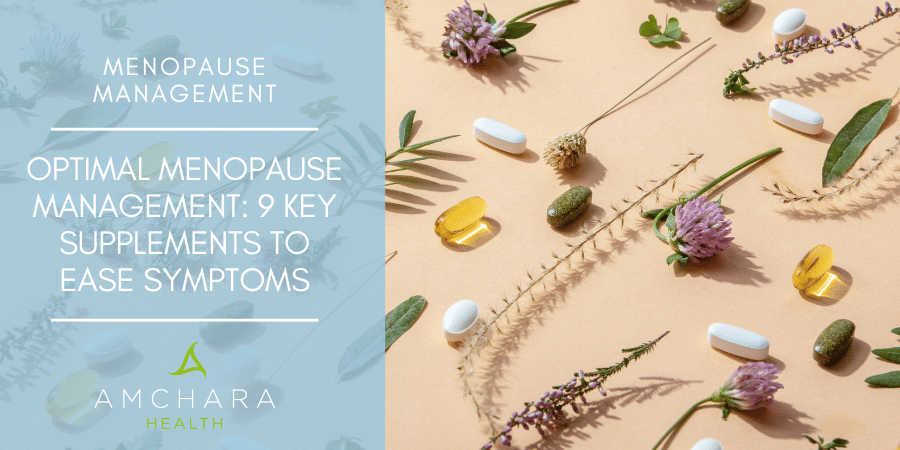Topics Covered in this article:
Hormone imbalance explained: hormone imbalances are very common.
For example, symptoms of premenstrual syndrome (PMS), like mood swings, irritability, depression, anxiety, fluid retention, bloating, breast tenderness, sugar cravings, headaches, and sleep disturbances, affect 75 percent of women.
But just because you’re a woman doesn’t mean you have to live with these symptoms.
The real fact is that suffering related to menstrual cycles is unnecessary.
You might never know this from conventional medicine, which seems to subscribe to the idea that women are destined to suffer throughout their reproductive life and beyond. However, there are actually many things you can do to fix hormonal imbalances.
The functional medicine approach
The Functional Medicine approach to treating hormonal imbalances in women is personalised, non invasive, looking at not only the root and underlying causes of the hormonal imbalances but also treating the whole patient, not just one symptom.
Hormones are the body’s chemical messengers, helping to control nearly every physiological process in the body.
This includes metabolism, immune functioning, the menstrual cycle, and overall reproductive health, which means there is every chance that imbalanced hormones could be the underlying cause of so many different health conditions the modern woman is facing.
Maintaining balanced hormones is complex, as many different factors can contribute to fluctuating hormone levels, especially in women.
Throughout the various different stages of life, from puberty to pregnancy to menopause, hormones are naturally in flux. For many of the years in between, however, hormones may flux and become imbalanced as a result of lifestyle and environmental factors, such as high levels of stress, poor sleep, lack of exercise, and an unhealthy diet full of fat and sugar.
While all factors are important to consider, monitoring sugar intake is especially key as it relates to women’s hormones.
The link with sugar
Most people generally associate sugar as just a precursor to weight gain, but its effects go way beyond the threat to the waistline. For women especially, a diet full of excessive sugar – which includes all refined carbohydrates, not just the sweet stuff – can lead to significant hormonal imbalance. One of the most notable effects of too much sugar is insulin resistance.
Once insulin resistance develops, the muscles, fat, and liver cells don’t respond to it properly, leading to a chain reaction in the body. Over time, insulin resistance can lead to serious conditions like diabetes, obesity, high cholesterol, heart disease and even stroke.
This insulin imbalance also extends to other women-specific conditions, such as polycystic ovary syndrome (PCOS), which is when reproductive hormones are imbalanced. Insulin resistance is one of the main physiological imbalances in most, if not all, PCOS. Sugar is intrinsically linked to estrogen. Estrogen has many beneficial effects, including regulating the reproductive system as well as helping optimize the action of insulin, the hormone that prevents high blood sugar levels.
Even if PCOS is not an issue, other signs of hormonal imbalance still present physical and emotional symptoms in women in other ways, such as sleep disorders, fatigue, difficulty concentrating, feeling irritable, moody, depressed, and more.
How to find balance in your body
While it can seem overwhelming, simple functional tests can help address each woman’s specific hormonal imbalances. From there, a holistic treatment plan (with a strong emphasis on a balanced diet) can help resolve and correct hormonal imbalances that can stem from excessive sugar.
In the meantime, there’s no need to wait on getting started with a diet overhaul. Since high sugar intake along with a highly refined carb/processed food diet are the most common contributors to insulin resistance and hormonal imbalance, making changes to eat “clean” can greatly improve health overall.
This includes eating a variety of organic vegetables and fruits, whole grains, low fat dairy products, and lean sources of protein such as fish. It is also important to limit caffeine and alcohol consumption, as these can cause cortisol hormones to spike (which can disrupt all other hormone levels).
If you feel a hormone test would be suitable for you to get to the bottom of any hormonal imbalances you think you may be suffering from, then do get in touch with us today for an initial consultation and to arrange the suitable testing required.




